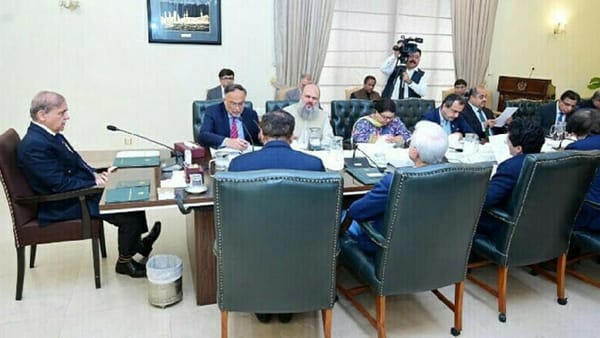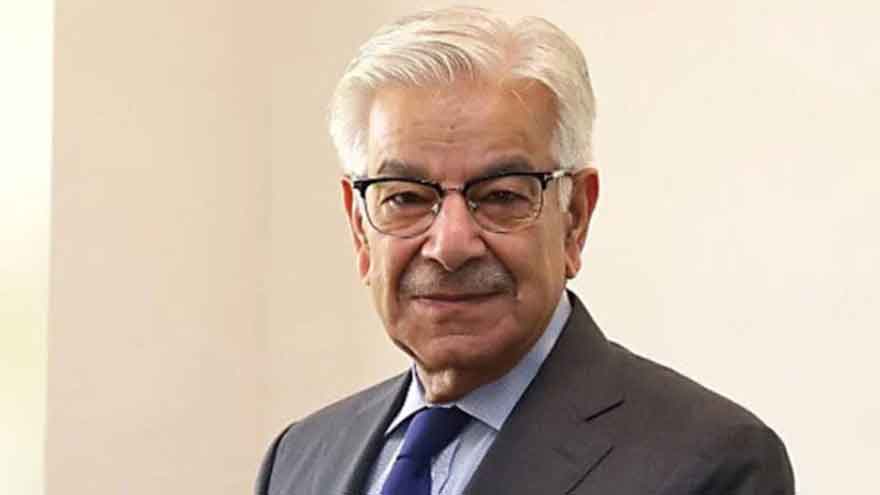IMF Board to Decide on $2.3 Billion Aid Package for Pakistan Tomorrow

The International Monetary Fund (IMF) Executive Board is set to convene on Friday in Washington to decide on a $2.3 billion financial assistance package for Pakistan, amid the country’s efforts to stabilize its economy and manage fiscal challenges.
Pakistan Eyes $1B Tranche Plus Climate Financing
The upcoming decision follows Pakistan’s adherence to key reform benchmarks laid out by the IMF, positioning the country for disbursement of a \$1 billion tranche under the Extended Fund Facility. An additional \$1.3 billion in climate-related financing is also on the table.
Fiscal Review: Mixed Results with Primary Surplus Surpassing Target
Ahead of the board’s meeting, the Ministry of Finance released fiscal performance data for the first nine months (July–March) of the current financial year. The government reported a primary surplus of Rs3,468 billion — exceeding the IMF’s target of Rs2,700 billion. The gain was largely attributed to stringent spending controls and significant budget surpluses from provincial governments.
Despite the surplus, the overall fiscal deficit during the period reached Rs4,023 billion. After factoring in a combined provincial surplus of Rs1,053 billion, the adjusted deficit stood at Rs2,970 billion.
Punjab led among the provinces with a Rs441 billion surplus, followed by Sindh (Rs395 billion), Khyber Pakhtunkhwa (Rs111 billion), and Balochistan (Rs105 billion), surpassing the IMF’s collective surplus benchmark by Rs25 billion.
Revenue Performance and Expenditure Pressures
The federal government’s total net revenue during the nine-month period was Rs7,468 billion, while expenditures climbed to Rs11,491 billion — driven in large part by debt servicing costs, which soared to Rs6,438 billion, a rise of Rs921 billion year-on-year.
Defense expenditure totaled Rs1,423 billion. However, federal development spending remained modest at Rs413 billion, reflecting the strain of mandatory expenditures. Pension payouts and administrative costs amounted to Rs672 billion and Rs558 billion, respectively.
Transfers to provinces from the divisible pool during the same period stood at Rs5,084 billion.
Revenue Shortfall and Non-Tax Gains
The Federal Board of Revenue (FBR) collected Rs8,453 billion in taxes — falling Rs715 billion short of the revised target. In contrast, non-tax revenue exceeded expectations, hitting Rs4,099 billion, buoyed by strong petroleum levy collections amounting to Rs834 billion.
However, the government’s efforts to boost revenue through its Trader-Friendly Scheme fell short, missing the target by Rs36.7 billion.
Outlook Hinges on IMF Decision
The outcome of Friday’s IMF board meeting is expected to have a significant bearing on Pakistan’s short-term economic trajectory, with approval likely to bolster investor confidence and unlock additional external financing.
Officials remain cautiously optimistic, citing the country’s recent fiscal discipline and reform progress as key indicators of commitment to economic recovery.




